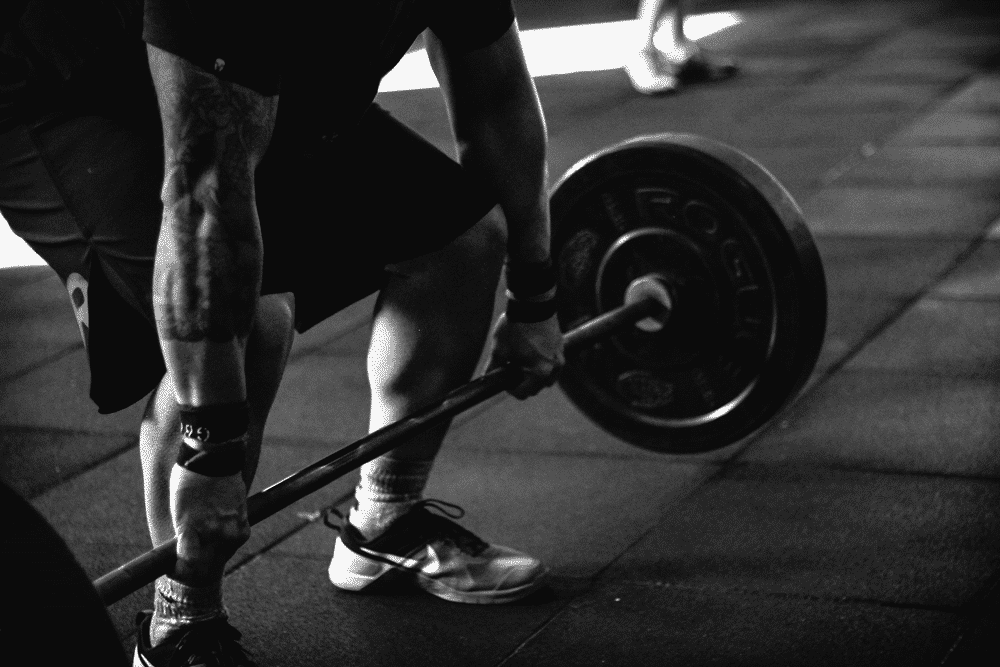The importance of exercising the body to keep fit cannot be overemphasized. This is particularly so for athletes who need to maintain a certain level of fitness to remain at the top of their game. It is important to note that exercising, either as an athlete or not, can pose some challenges to your fitness if you do not observe some regulations to balance the effects of the exercise on your general well-being. Therefore, it is important for you to know the thin line between training and overtraining.
Understanding the differences between training and overtraining will help you to adopt the best approach and timing that will do more good than bad for your fitness. There are signs and symptoms that are incidental and common to training, but sometimes, the same symptoms could be indicative of abnormal training or overtraining of your body. In addition, there are symptoms or body reactions that are express consequences of overtraining your body.
For a better understanding of the differences between training and overtraining, you need to know and appreciate the meaning of the following three parameters: Progression, Overload and Recovery.
If you exercise regularly to improve on your fitness (progression), and engage in intense workout sessions (overloading), you must give yourself enough time for your body to recover (recovery) otherwise, you would end up overtraining your body. Recovery time is a resting period during which your body adapts to the stress it was subjected to during overload.
Thus, training, generally, entails engaging in various exercises with proper attention to the effects of your workout with your body, whereas overtraining means overloading your body during training without giving your body adequate time to recover from the overload.
In order to gain maximum fitness, it is important to know the signs and symptoms associated with overtraining, how they affect your performance, treatment, and things you should do to avoid being over-trained:
Signs and Symptoms:
The following are the signs and symptoms associated with overtraining that you should look out for as you train so as to take preventive measures before they break you down:
- Persistent muscle soreness
- Depression
- Loss of appetite
- Higher resting heart rate
- Burnout
- Mental breakdown
- Susceptibility to infections
- Irritability
- Persistent fatigue
As already stated above, some of these symptoms are incidental and common to overloading your body, which is why it is important to know when they degenerate into overtraining. In addition to these symptoms, overtraining also affects your general performance in the following ways;
- Poor Physical performance
- Inability to complete the workouts
- Delayed recovery
- Reduced aerobic capacity (VO2 max)
- Reduced social life
- Poor output in daily activities
Treatment:
The good news is that overtraining can be treated and that can be achieved by giving more recovery time to your body. You can do this in any of the following ways:
- Reduce the intensity of training.
- Get enough sleep
- Take enough break from training to give room for adequate recovery.
- Self-massage or massage of the affected muscles
- You should also work on your diet to get the maximum result. You can do the following regarding your diet:
- Your calorie intake should balance the burned calories
- Ensure that calories are obtained from a suitable macro-nutrient ratio.
- Take supplements to balance shortages in vitamins (particularly vitamin D and omega-3 as they are essential for optimal immune function and reduction of inflammation).
Prevention:
Knowing that the consequences of overtraining outweighs the benefits, it is important for you to prevent overtraining by giving your body enough recovery time after every overload. Recovery is very important, therefore, as you make plans to work out, you should also plan how to recover from overloading your body. At Peak Performance Chiropractic, we recommend three days on (working out) and one day rest in between. On rest day, it is also vital to eat a very clean diet as well as get your mobility in. In addition, you should pay close attention to your body to pick up on every signal as they develop and take steps to react to them.

